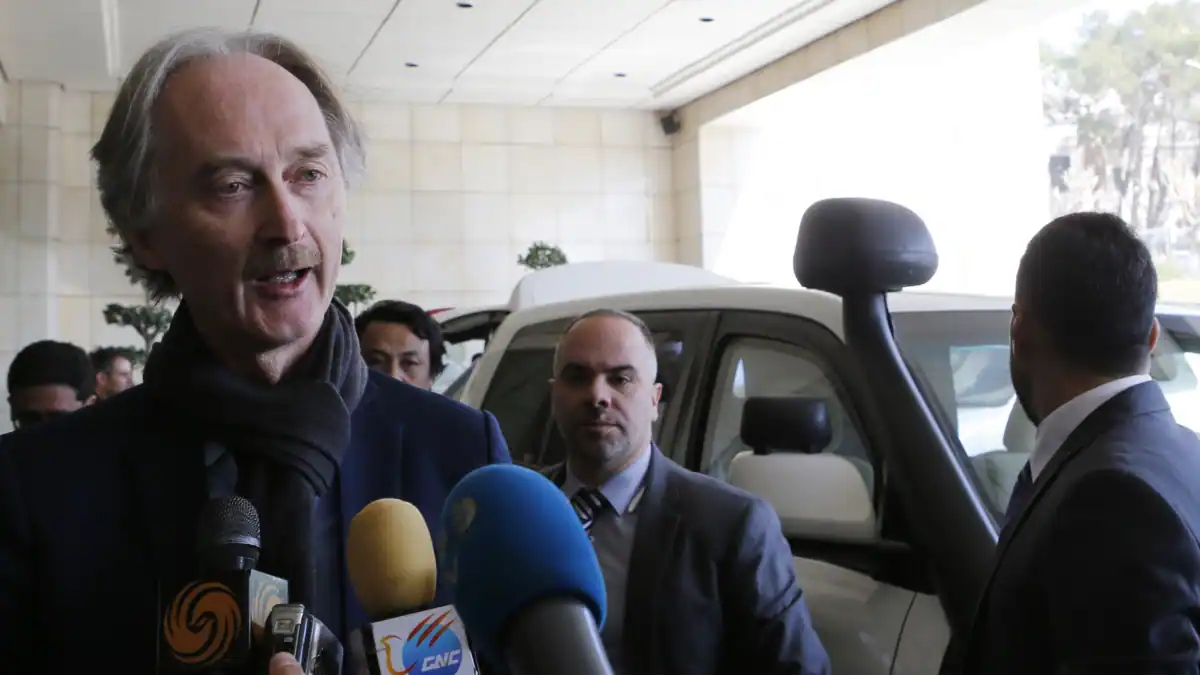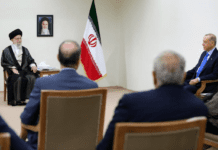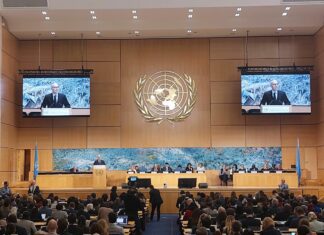
Efforts to normalize relations between Turkey and the Assad regime in Syria have entered a critical phase, with multiple diplomatic initiatives underway. Moscow is reportedly finalizing the agenda for an upcoming four-party meeting involving Russia, Turkey, Iran, and the Assad regime, set to take place later this month. The meeting is expected to focus on key issues central to the normalization process, including counterterrorism cooperation, the withdrawal of Turkish forces from Syria, and possibly amending the Adana Agreement.
According to a report in Al-Watan, a newspaper close to the Assad regime, the agenda for the talks will likely address the identification of “terrorists” and the development of a mechanism for joint Syrian-Turkish counterterrorism efforts. Furthermore, the discussions are expected to set a timetable for the withdrawal of Turkish troops from Syrian territory, a critical demand from Damascus.
The agenda may also consider revisiting the Adana Agreement, a 1998 accord outlining cooperation between Turkey and Syria on border security issues. The proposed amendments could pave the way for a new framework of cooperation between the two nations.
Turkey has expressed a cautious yet positive stance towards these diplomatic efforts. Turkish Foreign Ministry spokesman Oncu Kesili, speaking to Daily Sabah, welcomed Russia’s role in facilitating the dialogue between Ankara and Damascus. Kesili emphasized that Turkey’s primary goal is to see a “stable and peaceful Syria,” with steps taken towards a national settlement that meets the “legitimate expectations of the Syrian people,” as outlined in United Nations Security Council Resolution 2254.
Turkey’s conditions for normalization are clear: the elimination of terrorist elements in Syria, a genuine national reconciliation process within the framework of UN Resolution 2254, the safe return of refugees, and the uninterrupted flow of humanitarian aid to liberated areas. Ankara has made it clear that any dialogue between the Assad regime and the Syrian opposition must yield “substantive results.”
Meanwhile, UN Special Envoy to Syria Geir Pedersen has stressed the importance of reinvigorating the Syrian Constitutional Committee’s work as part of the normalization process. Pedersen recently engaged in discussions with Iranian Deputy Foreign Minister Ali Asghar Khaji, focusing on the need to break the deadlock in the committee’s activities. He emphasized that establishing a new Syrian constitution and holding elections are critical steps toward peace and could influence Turkey’s decision to normalize relations and withdraw from Syria.
The Syrian Constitutional Committee, formed in 2019, has made little progress due to ongoing political stalemates. The committee’s work has been suspended since July 2022, with the Assad regime and its ally Russia refusing to hold meetings in Geneva, citing Switzerland’s stance on the Russian invasion of Ukraine. Attempts by Pedersen to find alternative venues, including Nairobi and Baghdad, have so far been unsuccessful.








